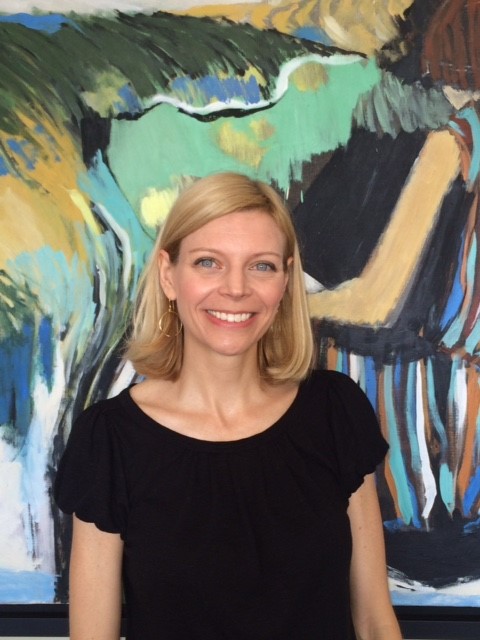Q&A With a Career Coach: Shan Woolard (MALS ’11)
The following is a conversation with one of our Wake Forest career coaches, Shan Woolard (MALS ’11), Assistant Director for Career Education and Coaching. Shan specializes in working with students interested in Education, Psychology, Sociology, Anthropology, Music, Theatre, Studio Art, Art History, Women’s Gender and Sexuality Studies. She also serves as liaison to the Prelaw program. Below, she shares key tips for young professionals on navigating their path from college to the professional world.
Tell us a little about who you are, your role, and how you ended up at Wake Forest.
After graduating from college, I worked in human resources and publishing before deciding that what I really wanted to do was work with college students. So I went to graduate school and earned a master of science degree in counseling with a focus on college student career counseling. My position as Assistant Director in the Office of Personal & Career Development at Wake Forest was my first job after graduate school, and I’ve been here 17 years.
What are 1-2 of the biggest challenges that you see people struggling with in their post-college professional lives? What advice would you give to them?
Transitioning from being a college student to an employee can be difficult. College allows a lot of freedom (e.g. sleeping late, doing homework outside, naps, parties) and most workplaces, even casual ones, are much more structured than the college environment. It might not sound very fun, but understanding that the work place is a work place will set you apart from your peers. Be punctual, stay focused on your work, and find ways to connect with friends after work and on the weekends.
What are 1-2 strategies that you would advise young professionals to incorporate as they make the transition from college to life after college?
Stay in touch with your college friends, and make new friends too. If you move to a new city, get involved in the community. Wake Forest Alumni Communities are a great place to make connections with other Demon Deacons. Find a mentor. Start funding your 401K as soon as you can.
You do a lot of work with people who are interested in careers in the arts. What should someone do to pursue a career in the visual arts, theatre, dance, or music if they want to stay on the creative side?
Keep making art and honing your craft, even if you don’t have a gallery representing your work or a show in which to perform. Learn how to market yourself. You might have your artistic side perfected, but you’ll also need to have a little bit of sales mindset to market yourself as an artist. Network with others in your industry. Be persistent and develop a thick skin. Be prepared to take a job to pay the bills, while you’re pursuing your arts career. Consider a job doesn’t require you to be creative, so you’ll have energy to be inspired for your artistic pursuits. Stay positive.
What about if they have interest in the business side of the arts world?
Many arts organizations have special groups and activities for younger members of the community. Seek out those types of groups and get involved. Reach out to people who work in organizations of interest for informational interviews. Support the arts by going to performances, museum openings, gallery hops, etc. Many of those events are free and a good place to meet members of the arts community.
What do you wish that every young professional would know or be able to do?
Remember that your first job out of college is your first job. It’s okay if it’s not perfect. Consider your first job as an opportunity to gain experience as you prepare for your next step. Be flexible and willing to learn.

